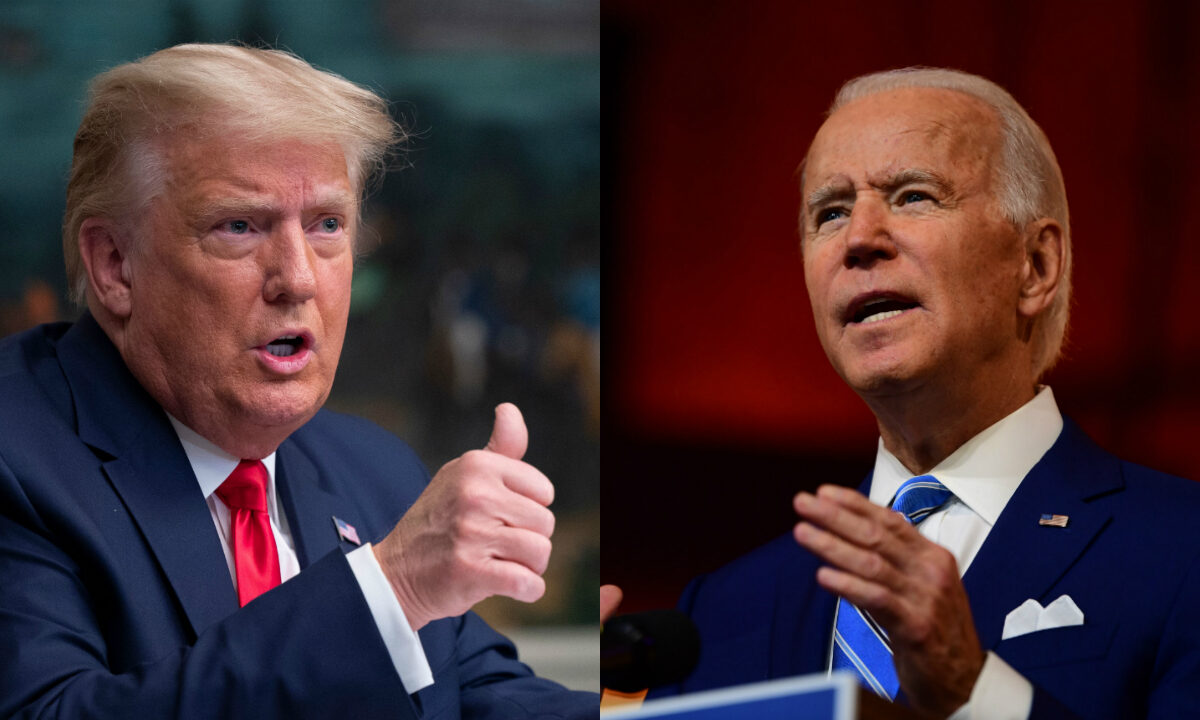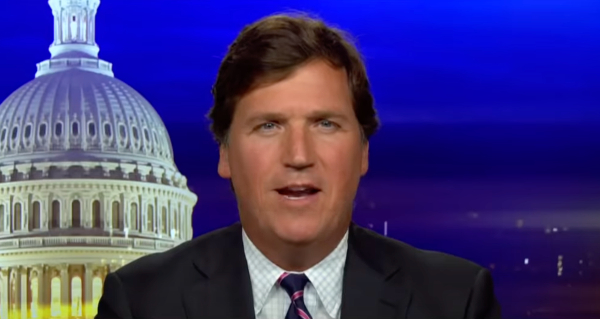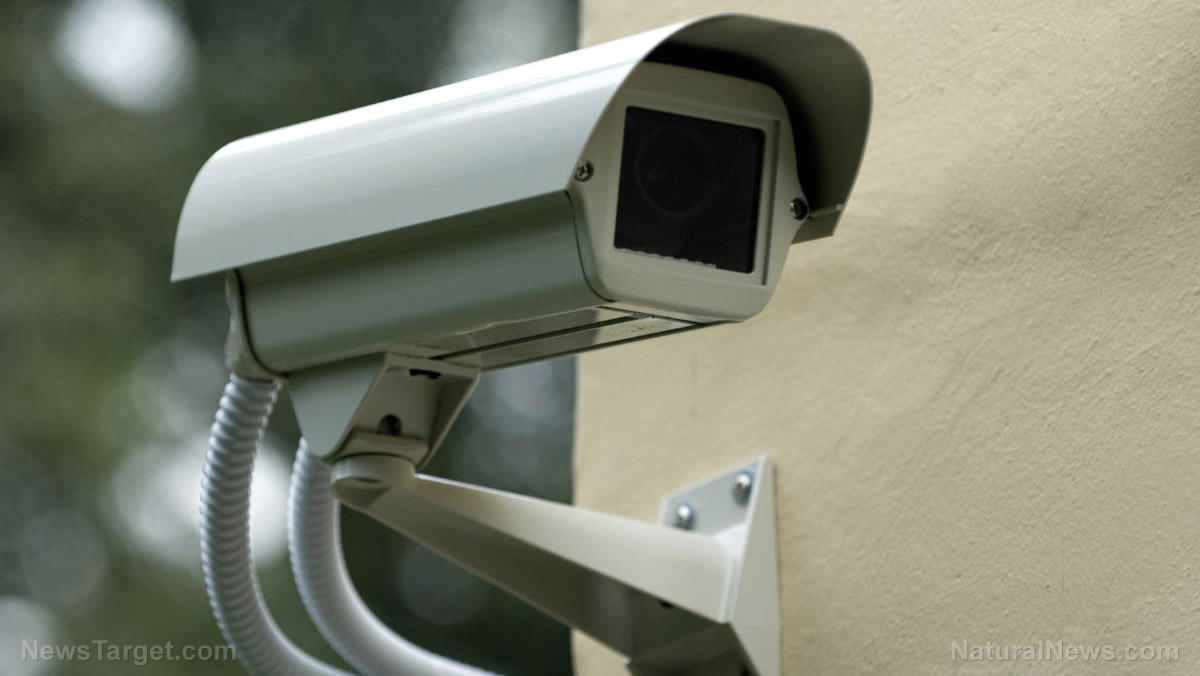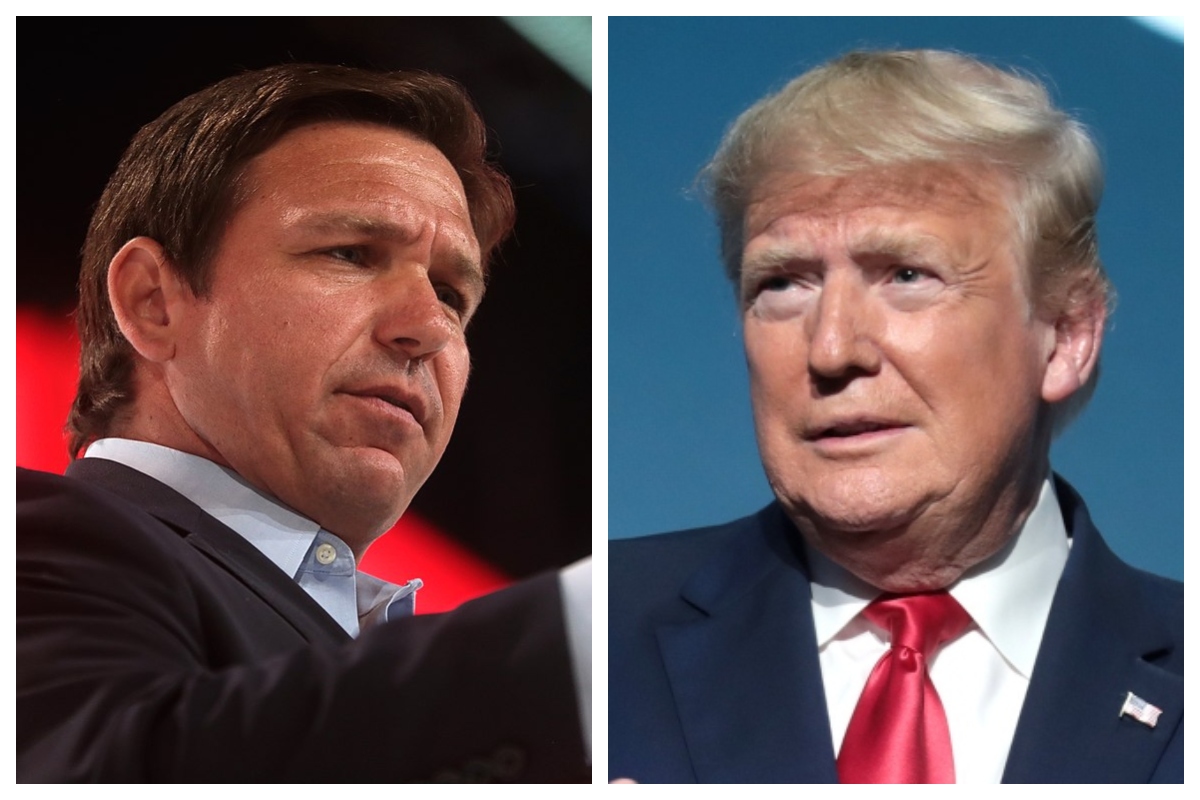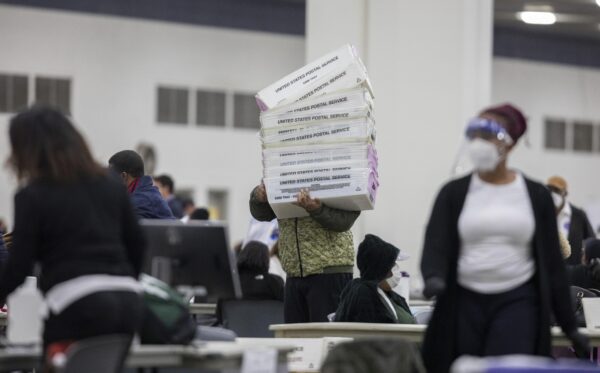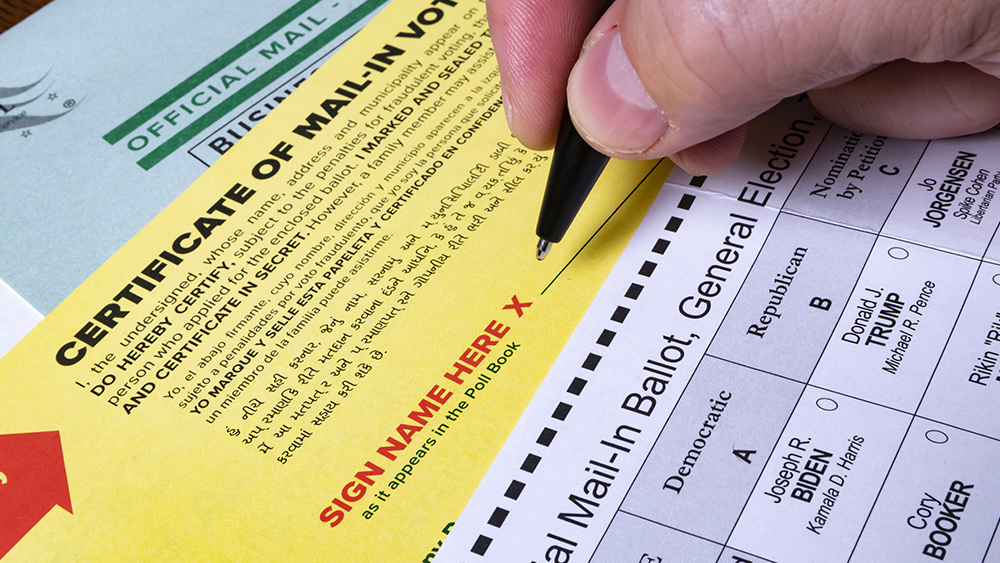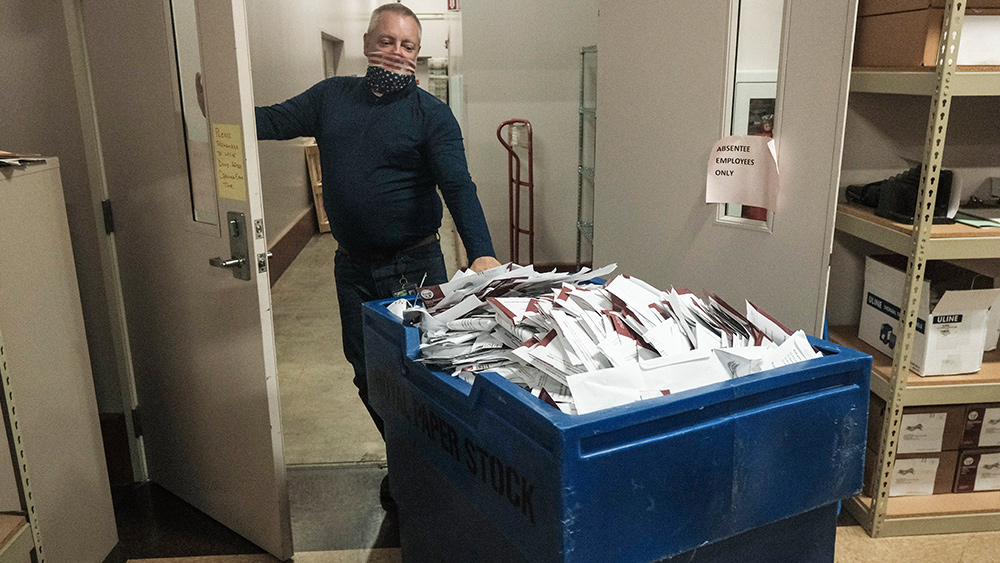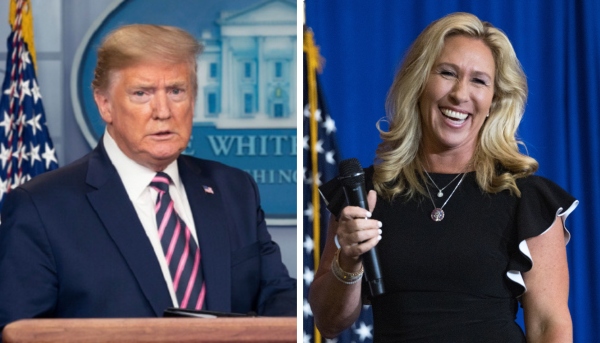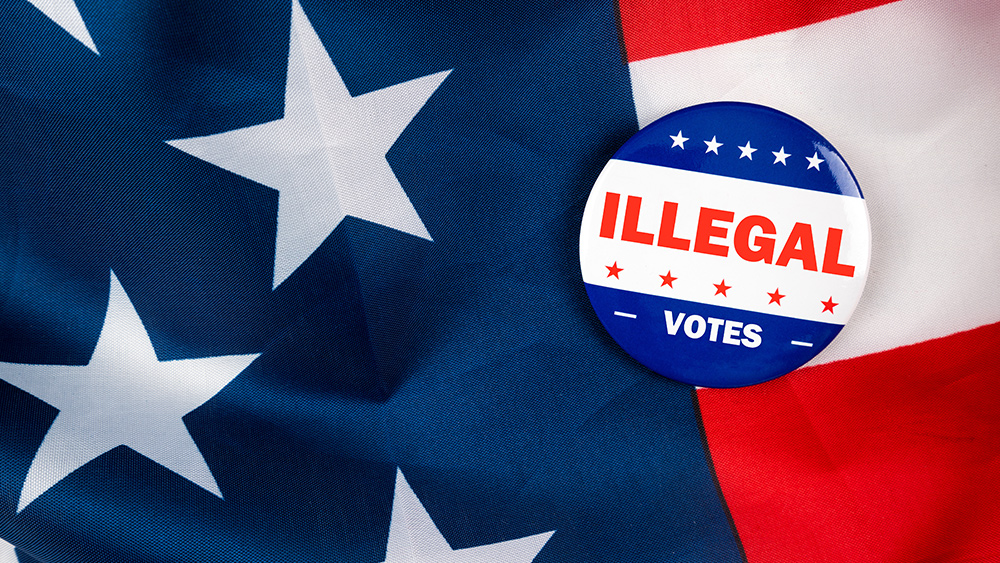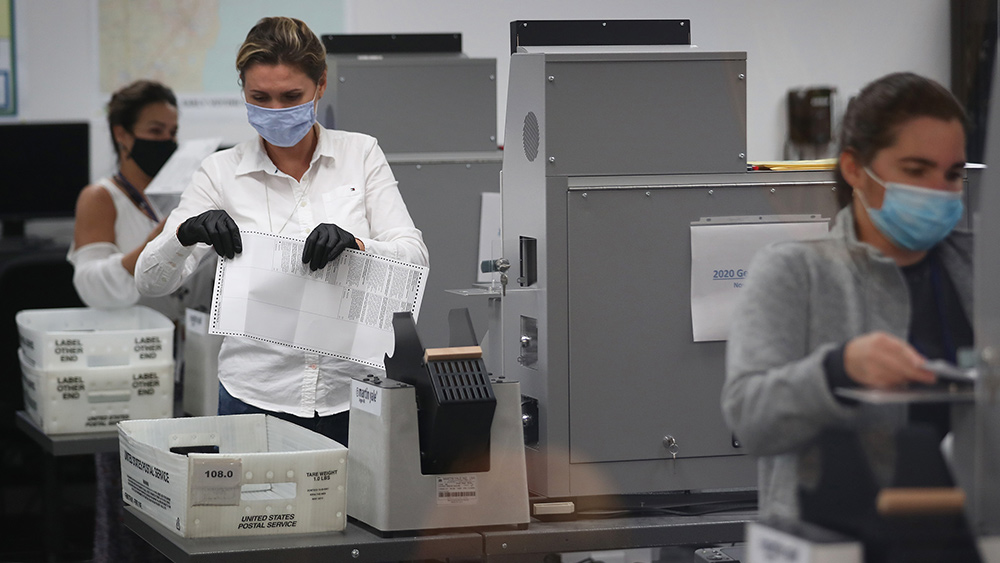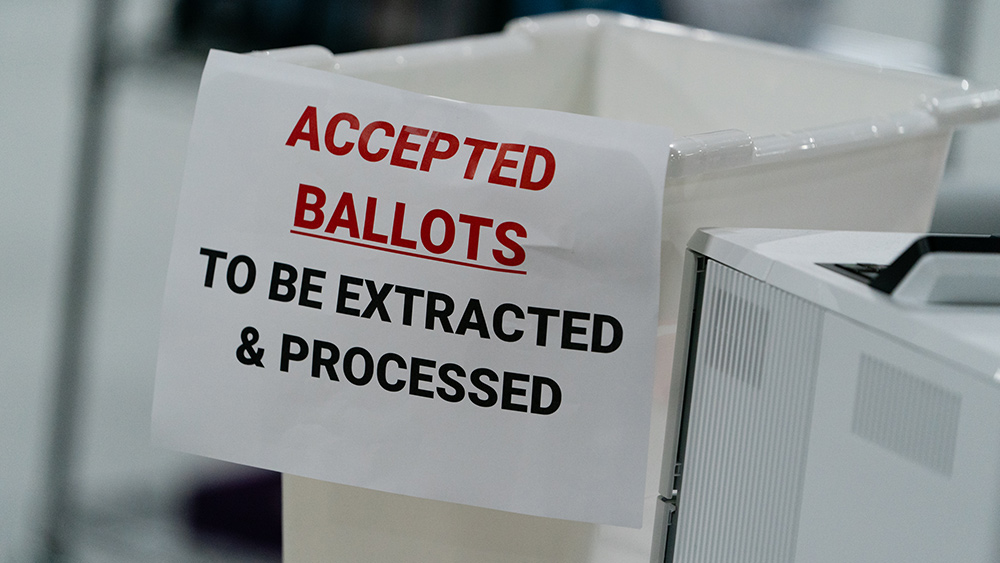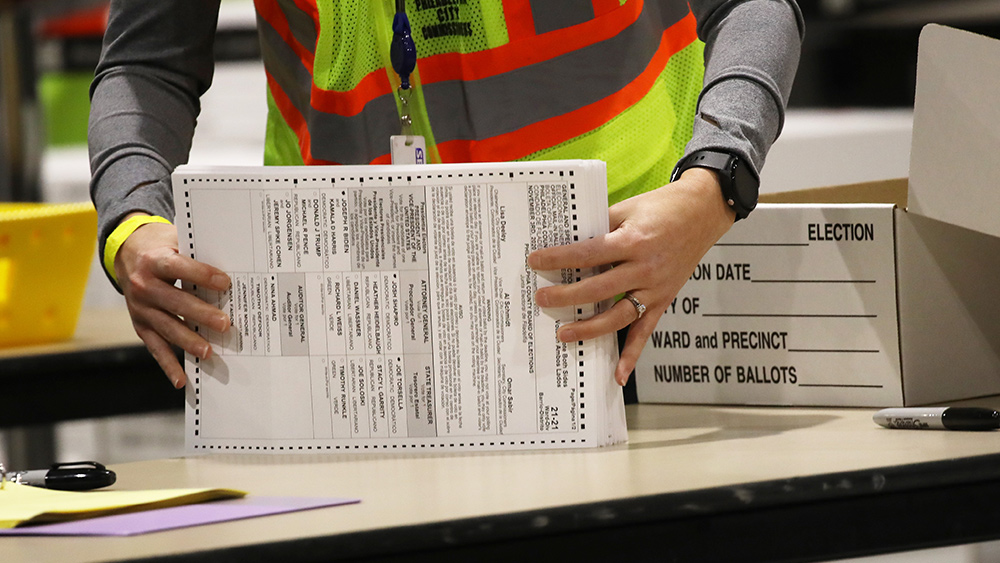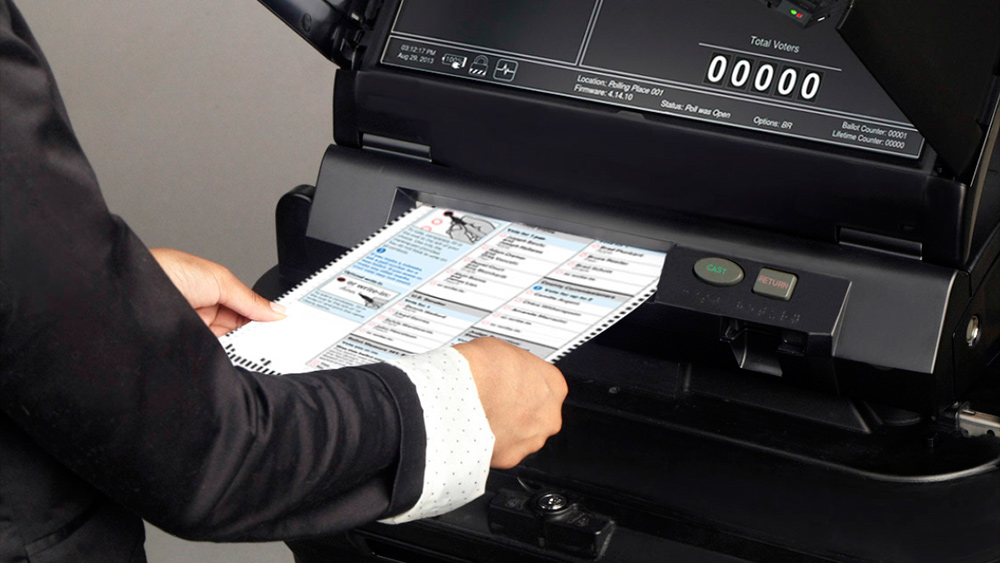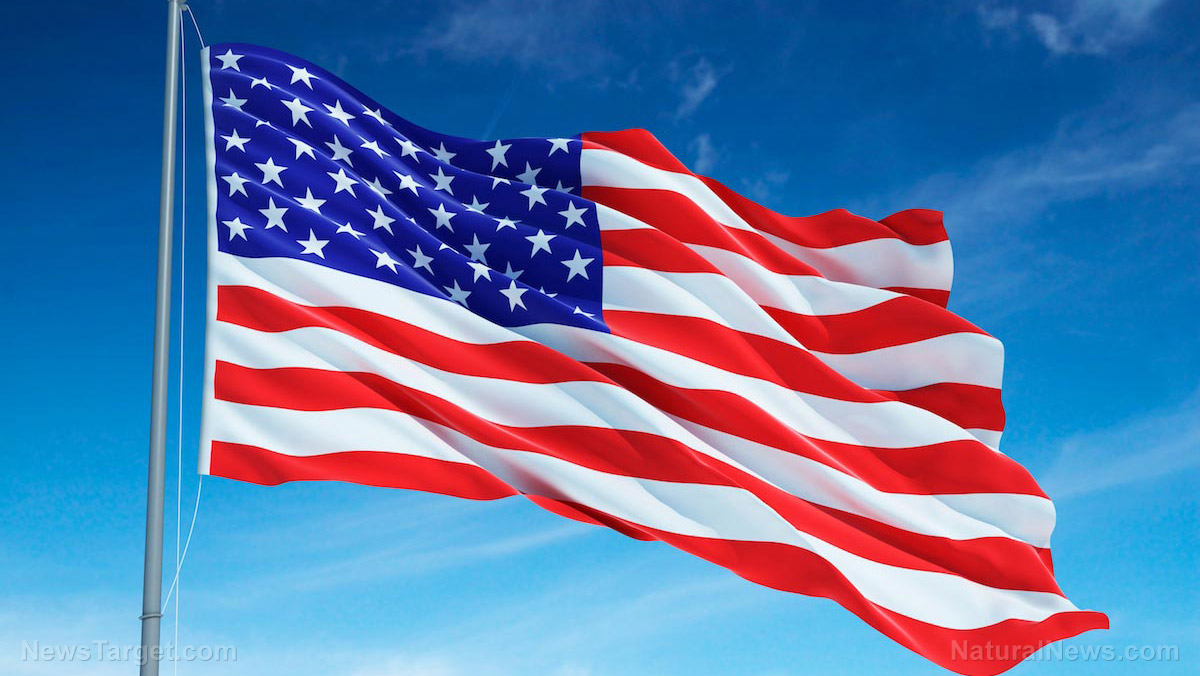The WHO wants to push COVID-19 vaccines on billions of people as part of Accelerator program
07/04/2020 / By Cassie B.
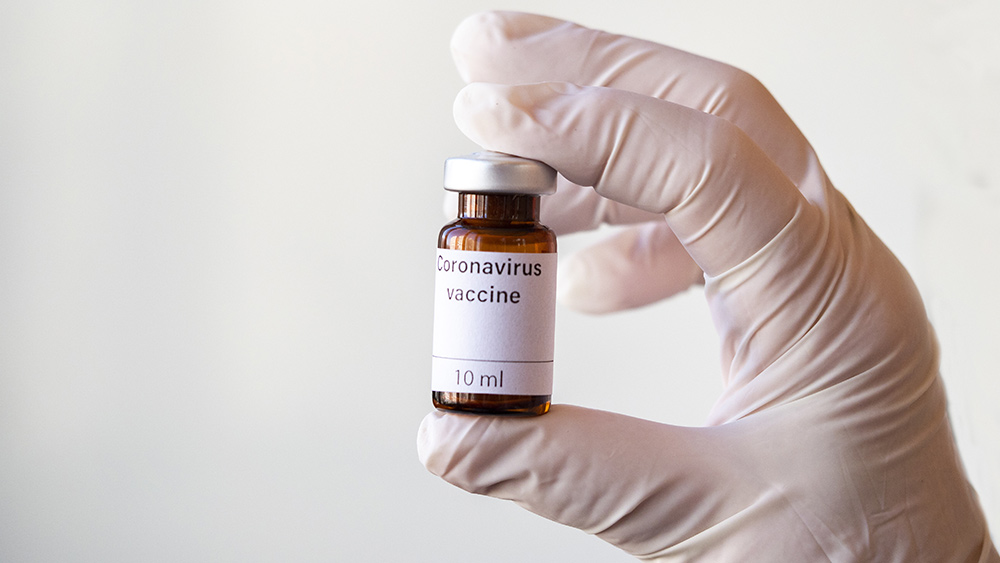
We all know that the vaccine industry has a hard time turning down a good opportunity to make a profit, and the coronavirus pandemic that is killing hundreds of thousands of people around the world may just be one of their best opportunities yet to rake in some big money with help from powerful allies like the World Health Organization.
The WHO is already using fear tactics to promote the production of vaccines for COVID-19, saying that ”no one is safe until everyone is safe.” This message came in a document explaining their Access to COVID-19 Tools (ACT) Accelerator. The program was first launched in April at an event that was co-hosted by – surprise, surprise – The Bill and Melinda Gates Foundation.
The program’s aim is to support the development and distribution of vaccines and treatments for the virus, and speed up the end of the pandemic. The ACT Accelerator program’s cost is expected to exceed $18 billion, and the goal is to distribute more than 2 billion vaccines by the end of next year.
It’s also interesting to note that the World Health Organization has been reluctant to say that masks are necessary, issuing statements such as: “There is currently no evidence that wearing a mask (whether medical or other types) by healthy persons in the wider community setting, including universal community masking, can prevent them from infection with respiratory viruses, including COVID-19.”
That’s an awfully convenient stance as it means people might think they have few good ways to protect themselves besides vaccines – never mind the fact that many current vaccines don’t have the greatest track records when it comes to efficacy and safety.
Only half of Americans willing to get a COVID-19 vaccine
The WHO may be facing an uphill battle when it comes to finding willing participants for what amounts to a wide-scale vaccine pilot test, with studies showing that just half of Americans plan to get a COVID-19 vaccine; another 25 percent have been wavering on the issue.
Some of the communities that are facing the greatest risk from the virus, such as African-Americans, tend to be the most skeptical. While black people account for roughly a quarter of all COVID-19 deaths in the US, 40 percent said that they would not get a vaccine in a poll that was taken in the middle of May.
The CDC has been busy working on a plan that they hope will boost “vaccine confidence” so that people will be more welcoming to the idea by the time a vaccine is ready. One big hurdle that they face is the fact that such a new vaccine would lack a long-term safety record.
Vaccine critic Del Bigtree has called this one of “the most dangerous vaccines ever attempted” for a virus that doesn’t cause a very big risk to most people.
Even some senators have been expressing concerns about whether the government is doing enough to make sure that the vaccines being developed with federal assistance are made affordable. Many lawmakers are all too familiar with how the game works, with Big Pharma using its very deep pockets to buy influence in Washington and protect its profits.
Natural prevention is a lot safer
There’s a lot of talk about vaccines and which medications may or may not work against the virus, but you might have noticed that the topic of keeping your immunity up so you can avoid getting sick in the first place doesn’t get a lot of air time.
That’s probably because there’s far less profit in promoting eating a healthy diet rich in vitamin C, zinc and antioxidants; getting enough sunshine, exercise and sleep; and managing stress. There’s no telling how many cases of COVID-19 might be avoided by ensuring your immune system is strong and healthy.
Sources for this article include:
Submit a correction >>
Tagged Under:
coronavirus, covid-19, COVID-19 vaccine, infections, outbreak, pandemic, vaccine, vaccines, WHO
This article may contain statements that reflect the opinion of the author
RECENT NEWS & ARTICLES
Trump.News is a fact-based public education website published by Trump News Features, LLC.
All content copyright © 2018 by Trump News Features, LLC.
Contact Us with Tips or Corrections
All trademarks, registered trademarks and servicemarks mentioned on this site are the property of their respective owners.

